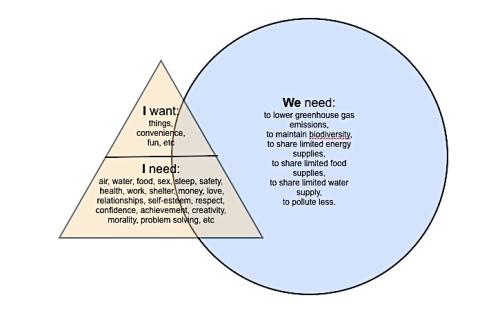Yesterday, in response to the picture I posted of my grandfather on the farm, Jeff asked,
When you have time, could you tell us more of the story of your grandfather and his family? Where in France was the picture taken? What did he farm? What would he have thought about all this climate change problem that we’ve created?
I lost my grandfather when I was 5. To this day, ‘Pepe Marcel‘ still looms tall in my memory. I realize I owe it to him to care so much for nature, and what’s happening currently. Times on the farm with my him are some of the most precious items in my green memory bank. Like my French blogging sister, Nadine, much of what I write is informed by these early moments.
I started writing a sappy response to Jeff’s question. A romantic interpretation of what I thought ‘Pepe Marcel‘ would be telling me now. Imbued with nostalgia about the old days, without cars, and planes, and supermarkets. Times when his old village was still very much a real community, and seasons dictated the rhythm of people’s daily lives. When organic was a word that did not exist, and yet everything we ate was organic. When tractors had not yet replaced the horse led ploughs in the fields, and the plots were still small and not cultivated to excess. When the bread we ate tasted like the real thing, and was not whitened artificially to make it ‘more enticing’.
Soon, my grandfather’s real voice came through, and it whispered a very different message. If I was living now, you can be sure I would be living just like you and your friends. I would drive a car and shop to Neuville at the supermarket. I would ride a tractor, so I could be home sooner. Actually, I am not even sure I would be a farmer still. Life on the farm is hard. May work instead as a cook in a restaurant in Poitiers, and drive the 50 kilometers commute every day. I would have upgraded the farm, so that we have all the modern conveniences and your grandmother did not have to do laundry in the big old boiler, and hang it on the lines. I am sure we would have a TV. We may still have a vegetable garden and fruit orchard in the back, but I am not even sure. It’s so convenient getting that stuff at the store. For vacations, we would go on cruises, or fly to America, like all the neighbors.
That’s when I realized there is no stopping ‘progress’, whether here, or in China, or India, or anywhere else. Moving forward means imagining new ways to live sustainably again, that may appear almost similar to the old. But the motivations, and the awareness are on a different level. Jungian analyst Aldo Carotenuto‘ s image of ‘The Spiral Way‘ comes to mind:

Book Cover for The Spiral Way
This time applied to healing not just one woman, but the whole world.
PS- Jeff, to finish answering your question. My grandfather came from a long line of farmers in the Poitou region of France. The farm is in Champigny, a small village where I spent every summer when I was a child. Pepe Marcel cultivated about 40 acres, most of it in wheat and vineyards. After he died, we farmed it out to other farmers. Now there are only three farmers left in the whole village, and their farms are more akin to industrial enterprises.
Read Full Post »







